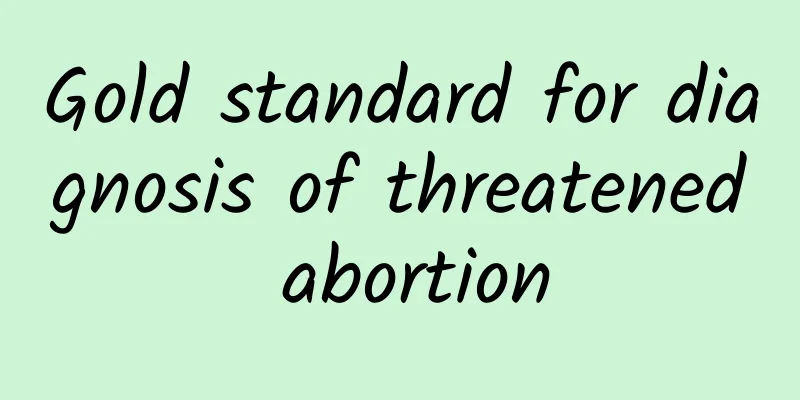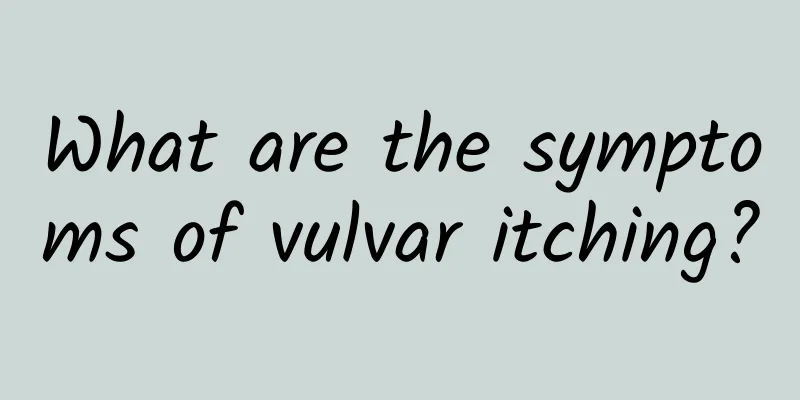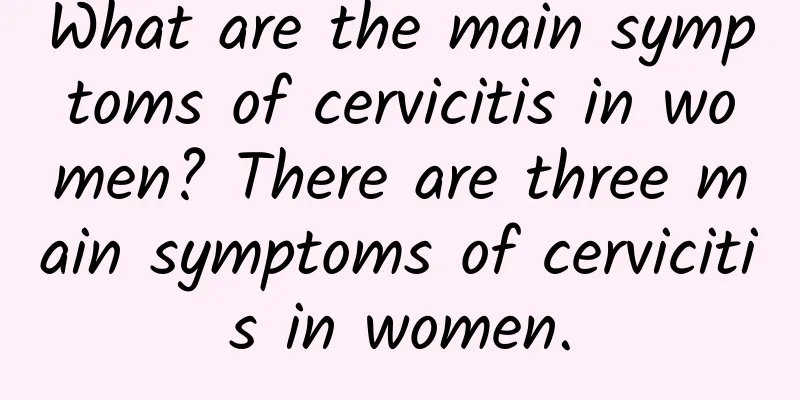What should I do if I have abnormal menstruation after wearing an IUD?

|
What should I do if I have abnormal menstruation after wearing an IUD? Clinically, intrauterine device refers to the placement of an intrauterine contraceptive device. After the placement of an intrauterine contraceptive device, menstrual abnormalities are caused by reasons such as the body not yet fully recovered, local infection, endometrial polyps, etc. It can be treated by strengthening life care, oral medication, surgery, etc. 1. The body has not fully recovered: After the placement of the intrauterine contraceptive device, it will cause changes in the intrauterine environment, making it impossible for the fertilized egg to implant normally, thus playing a contraceptive role. This operation is an invasive operation, and the soft tissue in the uterus cannot immediately return to normal in a short period of time, so it may affect the normal shedding of the endometrium and cause abnormal menstruation. Generally speaking, after the body has fully recovered, this phenomenon can gradually decrease and disappear. At this time, you should maintain a reasonable lifestyle to help your body recover. 2. Local infection: After the placement of the intrauterine contraceptive device, if personal hygiene care is not strengthened, infection may occur. Inflammation will constantly stimulate the endometrium, manifesting as lower abdominal pain, changes in menstrual cycle, abnormal menstrual flow, etc. Amoxicillin capsules, cefuroxime granules, cefuroxime axetil granules and other drugs can be used for treatment under the guidance of a doctor. 3. Endometrial polyps: The cause of this disease is related to excessive estrogen levels. After the disease occurs, it will cause compression to the surrounding tissues, affecting the normal structure and physiological function of the uterus, leading to menorrhagia, prolonged menstruation, shortened menstrual cycle, etc. When the surgical conditions are met, it can be treated by endometrial polypectomy. In addition to the common causes mentioned above, if it is caused by uterine fibroids, it can be treated through hysterectomy under the guidance of a doctor. If you have any discomfort, you should go to the hospital's gynecology department in time. |
<<: Symptoms of premature ovarian failure
>>: Is ovulation bleeding a sign of pregnancy?
Recommend
How to treat female cervical erosion? Check out some common problems of female cervical erosion
As women, we don’t know much about the cervix. Zh...
What are the drug treatments for chronic cervicitis? There are two main drugs used in clinical treatment of chronic cervicitis.
Patients with chronic cervicitis cannot lack the ...
Smart "B" removes fat, promotes metabolism and helps lose weight! Nutritionist Wang Zinan: 3 must-eat B foods to help burn fat
As the temperature drops suddenly, the human body...
How to make a correct clinical diagnosis of ovarian cysts?
The first thing to do in treating gynecological d...
Can cervical erosion be cured?
Cervical erosion generally refers to the ectopic ...
Expert introduction: Is cervical hypertrophy generally easy to treat?
We know that the treatment of cervical hypertroph...
What is vulvar leukoplakia?
What does vulvar leukoplakia look like? 1. Vulvar...
How much does it cost to treat cervical warts?
Cervical warts are not as terrible as many women ...
What is medical abortion? Who are the people who are not suitable for medical abortion?
The gestational sac of medical abortion is a smal...
Which hospital is good for abortion in Shenyang?
Abortion is terrible. After all, it is the end of...
Are pelvic effusion and uterine effusion the same thing? What are the preventive measures?
Pelvic effusion will gradually form a cystic mass...
Do you know what the early symptoms of ectopic pregnancy are in women?
What are the early symptoms of ectopic pregnancy ...
What are the symptoms of hemorrhagic ovarian cysts and how to treat them?
What are the symptoms of a hemorrhagic ovarian cy...
Long-term depression can cause uterine fibroids
Uterine fibroids are the most common benign tumor...
What is the reason for menstruation after menopause?
Excessive intake of estrogen-containing foods aft...









